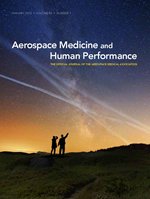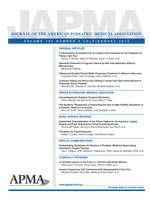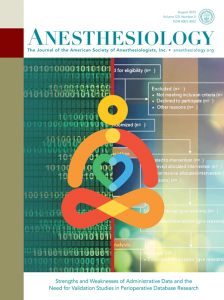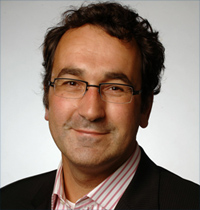
Dutch social psychologist and well-known fraudster Diederik Stapel is up to 55 retractions. He remains secure in his spot at #4 on our leaderboard.
The “fraudulent” Social Cognition article found, according to its abstract, that the more positively you perceive yourself, the less you need to compare yourself to other people. Conversely, negative thoughts were linked to more comparison to others. As an article in the New York Times points out, where Stapel’s faulty studies often succeeded is in telling us what we want to believe about the world.
Here’s the retraction note for the article:
Continue reading Diederik Stapel ups count to 55 retractions
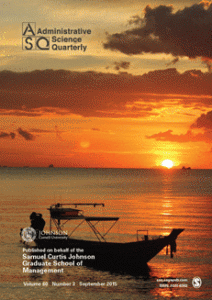 It may not be much of a surprise that narcissistic CEOs of pharmaceutical companies will make bold choices, such as adopting radically new technology. That idea remains true, despite a lengthy correction to a paper that supports it.
It may not be much of a surprise that narcissistic CEOs of pharmaceutical companies will make bold choices, such as adopting radically new technology. That idea remains true, despite a lengthy correction to a paper that supports it.


